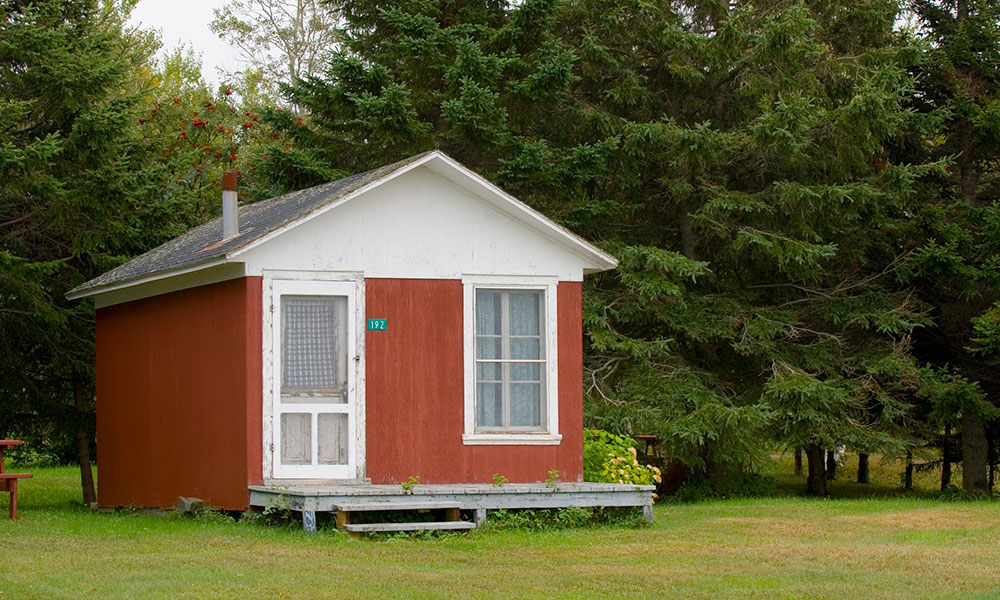
Tiny House Group Ramps Up Knowledge-Sharing, Advocacy to Boost Tiny Living
Need some tiny house expertise? The American Tiny House Association launched an online expert community to get information out to DIYers. ATHA is also hard at work advocating make tiny homes a viable housing option everywhere.
People have a lot of questions about building their own tiny homes. The problem is that not all of the answers they find online are accurate.
That’s why the American Tiny House Association is excited about its new knowledge-sharing platform.
“The goal was to get all of that information into one spot and separate the wheat from the chaff,” said Chris Galusha, president of ATHA, in a press release. “Not that all of the information on YouTube or Facebook is bad—but it’s hard to tell what’s good and what’s bad.”
The new Tiny House Expert Community Online (ECO), operated by Brainsy, will feature a host of experts, from architects to carpenters to builders, who can answer questions in a forum-style format. But they are also available to talk one-on-one by phone.
“The tiny house community can be very price-conscious,” Galusha said. “[The experts] are really discounting their time as a favor, as a gift to the tiny house community.”
Along with launching the Tiny House ECO, ATHA is continuing its advocacy work. “That’s our main focus—it’s helping government officials get on board,” Galusha said. “A lot of them are really interested in making tiny homes available. We’ve just got to brainstorm what we need to do to make that happen.”
One of the main ways ATHA advocates for tiny homes is through its state volunteer leaders. They’re responsible for fielding requests from their communities and spreading the message at the local and state levels.
Those volunteers are critical, Galusha said, because every state has different building requirements, codes, weather, and seismic activity. “The foundation I built for my home here in Texas is a different foundation than would be required for a home in Florida or California or Minnesota,” he said. “Not to mention the political atmosphere is different: We don’t have townships in Texas, but they’re all over New Jersey, New York, and Pennsylvania.”
Although ATHA has volunteer leaders in many states, it doesn’t have them for all 50. To remedy that, Galusha has restructured the association.
“I divided the entire United States into 10 regions, based off the international residential codes and the federal regional designations,” he said. “I put each one of our board of directors over a region … so they have an idea of what’s going on in their five to seven states, and if we don’t have a state chapter leader in a particular state, we have a regional director there.”
The advocacy work goes hand-in-hand with the new Tiny House ECO. One of ATHA’s main goals is “getting tiny as a viable housing option for anyone everywhere,” Galusha said. “The way to fast-track that is to improve the quality of the homes and to be able to verify that quality—and that requires getting expert information out there.”
(Westhoff/iStock/Getty Images Plus)






Comments